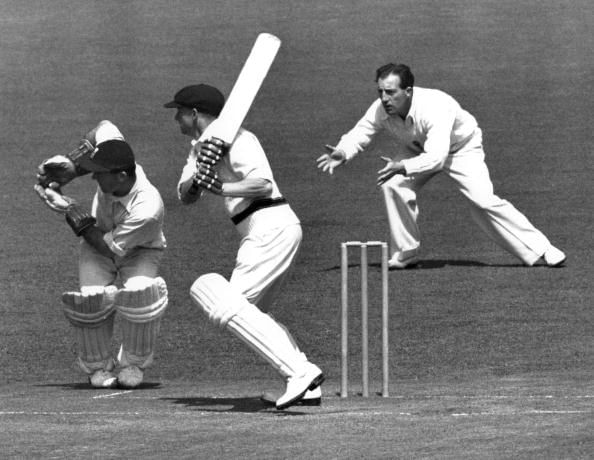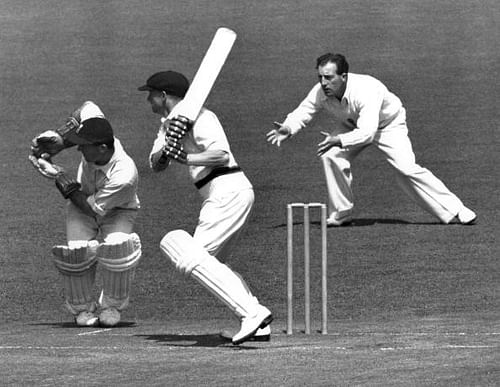
10 occasions when famous cricketers refused to walk
To walk or not to walk has been cricket’s most polarizing question for decades. And while ethics and gentlemanly deeds may earn you plaudits and reverence, they will certainly not aid the results of the match in your favour.Adam Gilchrist, who has walked towards the pavilion in spite of being adjudged not out on several occasions – the most famous of them being at the 2003 World Cup semifinals – recalls feeling isolated and being ‘silently accused of betraying the team’.Walking is strictly an individual’s opinion, and no one should be chastised for standing his ground after being pronounced not out. The spirit of the game, in the view of the author, is a flimsy moral stunt and a batsman is absolutely within his rights to refuse to walk; cricket as a game is governed by laws, and not moral beliefs.Nevertheless, let us have a look at 10 cricketers who happened to spur controversies by refusing to walk. Almost in coherence to their never-say-die attitude, the list comprises of an overwhelming number of Australians.
#10 Don Bradman

Certainly an unexpected name in this list, but records say Sir Don Bradman did refuse to walk once during the Ashes 1946-47. Quite understandably however, there is no video evidence of the occasion.
Playing for the first time in Tests after eight and a half years, it’s conceivable that the legendary Australian did not want to leave the crease minutes after coming in to bat. The sequence of events that ensued is typical of that nature.
Having survived unconvincingly for enough time to accumulate 28 runs, Bradman edged a Bill Voce delivery to second slip where Jack Ikin held on to a smart catch at chest height. As the Englishmen led by Wally Hammond rejoiced without even appealing, they noticed that Bradman hadn’t moved an inch.
A belated appeal followed, with the umpires stating their doubts and ruling in favour of the batsman. “A fine bloody way to start a series,” commented an incensed Hammond.
In his autobiography, the Australian legend scripted his own version of the story: “In my opinion the ball touched the bottom of my bat just before hitting the ground and therefore, it was not a catch. Accordingly I stood my ground waiting for the game to proceed.”
He ultimately carried on, scoring a magnificent 187 and propelling his team to 645. England were soon dismissed for 141 and 172 which handed Australia a thumping victory by an innings and 332 runs.